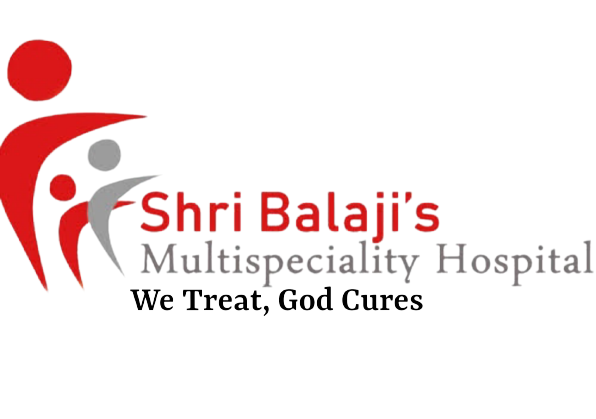Gastroenterology
Shri Balajis Hospital of Gastroenterology and GI Surgery is devoted to the clinical care of patients with digestive system, gastrointestinal land liver disorders. These include peptic ulcer disease, gastro-esophageal reflux disease, gastrointestinal bleeding, functional gastrointestinal disorders, inflammatory bowel disease, pancreatico-biliary diseases, acute and chronic liver disease as well as gastrointestinal and liver malignancies. Shri Balajis Hospital of Gastroenterology and GI Surgery provides consultation, diagnostic and therapeutic procedures for patients with gastrointestinal, Liver diseases, disorder of the stomach duodenum and colon (large bowel)
Shri Balajis Hospital of Gastroenterology and GI Surgery has a dedicated team and GI Surgeons of nationaof Gastroenterologist and international repute that understand that Liver and Digestive Diseases account for the fifth most common cause of death in India. The experienced team of surgeons specialize in performing high end procedures based on international standards.
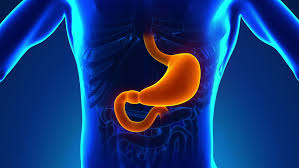
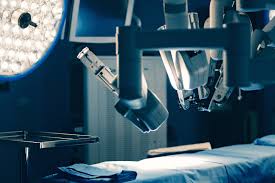
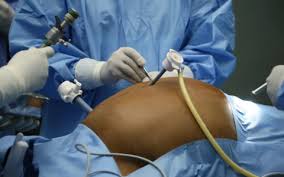
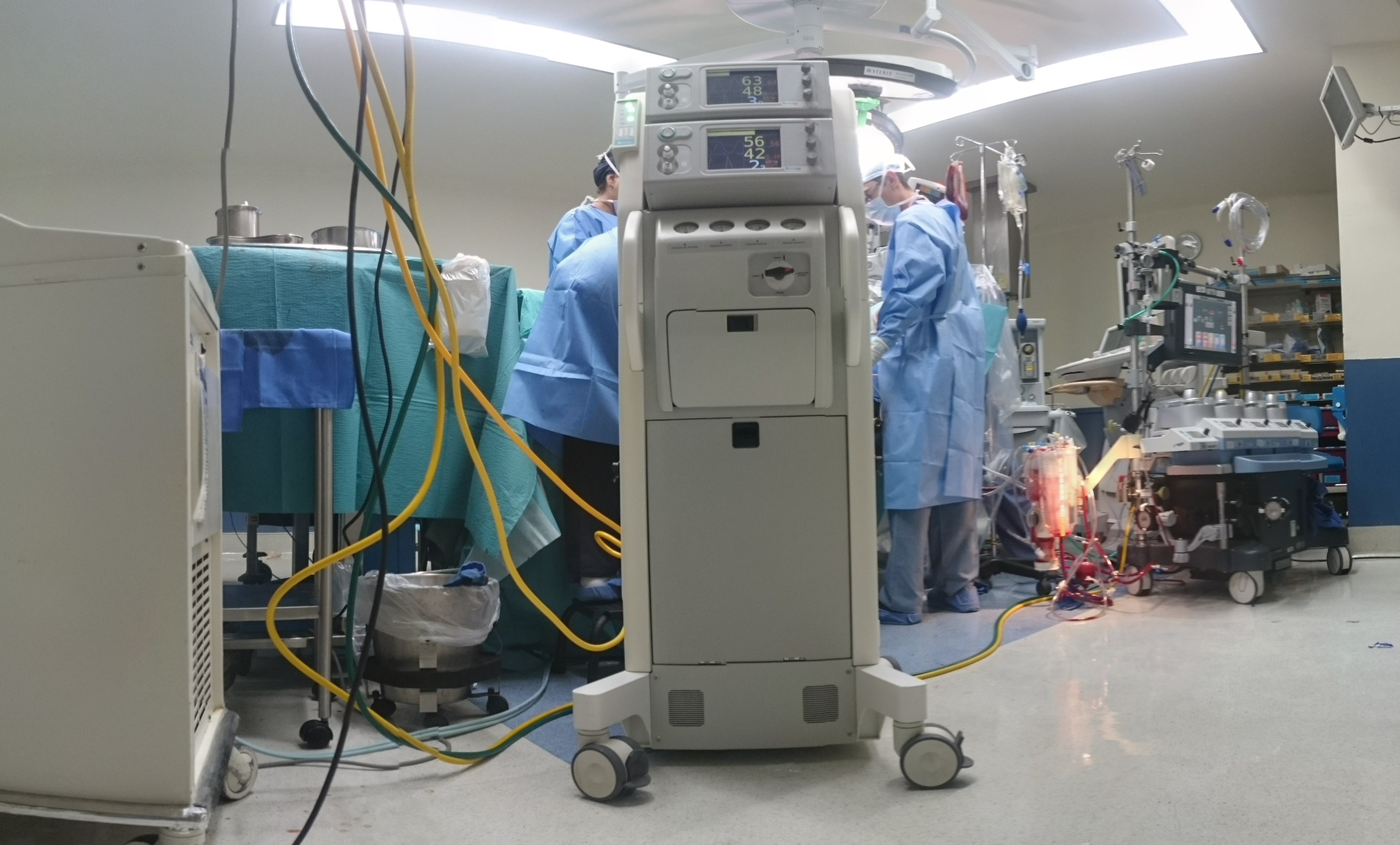
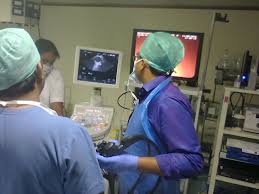
Treatment and Procedures
Shri Balajis Hospital of Gastroenterology and GI Surgery has a state-of-the-art Endoscopy Centre, fully equipped to offer comprehensive diagnostic and therapeutic endoscopy service.
MEDICAL GASTROENTEROLOGY
Diagnostic endoscopic procedures
- Colonoscopy
- Enteroscopy
Interventional endoscopic procedures
- Polypectomy
- Percutaneous endoscopic gastrostomy (PEG)
- Endoscopic retrograde cholangio-pancreatography (ERCP)
- UGI Endoscopy
- UGI Endoscopy with Biopsy
- Variceal Banding Oesophageal (EVL)
Jaundice –obstructive jaundice, viral hepatitis and biliary stone disease.
Ulcers – Peptic ulcers, Gastric ulcers , Esophageal ulcers
Chronic Liver disease – (Hepatitis B, Hepatitis C), cirrhosis, portal hypertension, variceal bleeding, ascites
GI Bleeding (haematemesis / melena / fresh blood per rectum)
Abdominal pain
- Dyspepsia (gas, bloating of abdomen, distension of abdomen)
- Gastro oesophageal reflux disease (acidity, heartburn, vomiting)
- Loss of appetite/weight loss
- Irritable bowel syndrome (chronic diarrhea, mucus in stools, loose bowel movements/constipation)
- Inflammatory bowel disease e.g. ulcerative colitis/Chrohns disease.
- Elevated SGOT, SGPT (could be due to chronic Hepatitis B or C, non-alcoholic fatty liver disease)
- Difficulty in swallowing
- Pancreatitis (Acute/Chronic)
- Malabsorption syndrome
- Celiac disease
SURGICAL GASTROENTEROLOGY
Oesophagus
- Cancers of the oesophagus
- Corrosive injuries/ strictures of oesophagus
- Oesophageal perforations
- Peristaltic Disorders of oesophagus (Achalasia cardia)
Stomach
- Carcinoma of the stomach
- Gastrointestinal stromal tumours of stomach
- Complicated duodenal ulcer disease
Hepatobiliary & Pancreas
- Liver tumours (Primary/ secondaries)
- Hydatid cysts, liver /spleen/any other organ (intra-abdominal)
- Cholangiocarcinoma
- Carcinoma of gall bladder
- Complicated gallstone disease (Cholecysto/Choledochal duodenal Fistula)
- Choledochal cysts
- Biliary stricture/ biliary fistulae
- Post cholecystectomy biliary injuries
- Carcinoma of the head of pancreas
- Surgery in Acute pancreatitis (Necrotising pancreatitis)
- Chronic pancreatitis
- Cystic tumours of pancreas
- Surgery for Portal hypertension
- Surgical obstructive jaundice
Small Intestine
- Small bowel tumours
- Crohns disease
Colon, Rectum & Anal canal
- Colonic cancers
- Ulcerative colitis
- Rectal carcinoma
- Anal canal cancers
- Colonic polyposis
TECHNOLOGY
- Colonoscopy – This is a test provides a look in the inner linings of your large intestine (rectum and colon). A thin, flexible tube called a colonoscope is used to look at the colon. A colonoscopy helps find ulcers, colon polyps, tumors, and areas of inflammation or bleeding.
- Enteroscopy– It is a procedure that helps doctors to find and treat problems in the digestive system. During an enteroscopy, your doctor inserts a thin, flexible tube with an attached camera into your body. This is called an endoscope. There are usually one or two balloons attached to the endoscope.
- Endoscopy – Endoscopyis a nonsurgical procedure used to examine a person’s digestive tract. Using an endoscope, a flexible tube with a light and camera attached to it, your doctor can view pictures of your digestive tract on a colour TV monitor.
- Magnetic Resonance Imaging (MRI) – A diagnostic technology in which magnetic waves pass through your body creating radio signals when they move through your hydrogen molecules. The computer then captures these radiofrequencies to produce detailed black-and-white images of your entire body or the treatment area.
- CT (Computed Tomography) scans – It can be defined as an advanced form of radio-diagnosis than an X-ray. This technology helps provide multiple x-rays for a more comprehensive look at your body. Depending on your symptoms, your orthopedic surgeon may need to ingest or have an injection of barium sulfate, a compound that moves through your tissues and creates highlighted areas on radiographic images. Some surgeons use coloured dyes for the same effect.
Contact a Doctor
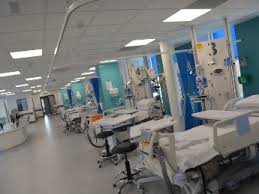
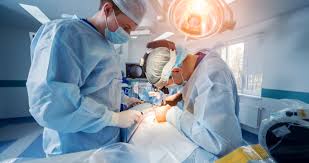
Contact us
Call Us
09354740267
Email Us
shribaljihospital99@gmail.com
Our Location
Sector No. 9-10, Basai Chowk, Basai Rd, Gurugram, Haryana 122001
